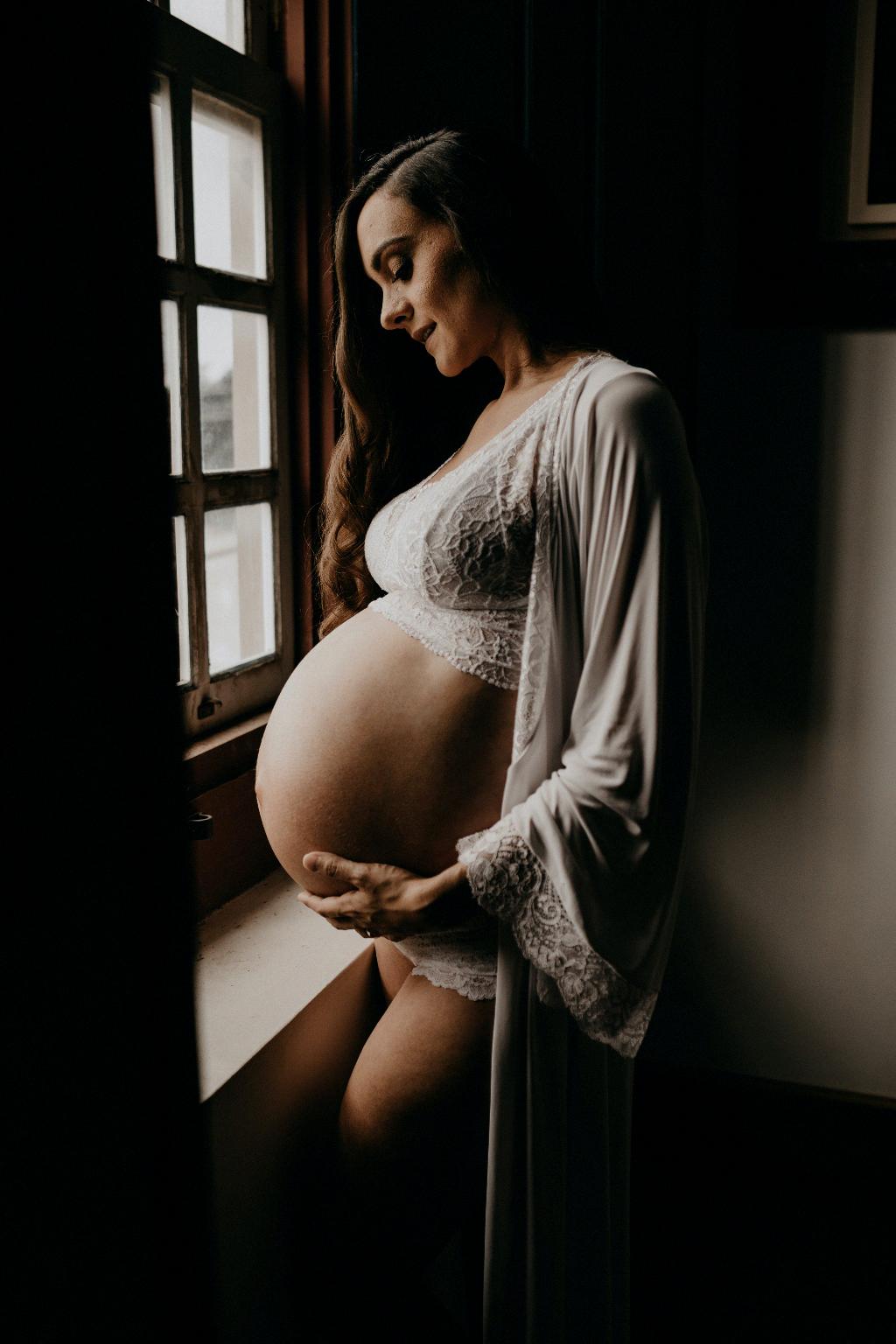Pregnancy is a miraculous journey filled with various changes, both physically and emotionally. One common question that many expecting mothers have is, “Do your hips get bigger when pregnant?” This is a valid concern as the female body undergoes significant transformations to accommodate the growing baby.
The Science Behind Hip Changes
During pregnancy, the body produces hormones like relaxin, which help prepare the body for childbirth. These hormones loosen the ligaments and joints in the pelvis to allow for easier passage of the baby through the birth canal. As a result, the pelvis may widen slightly to facilitate childbirth. This widening can cause the hips to appear broader than before pregnancy.
Factors Affecting Hip Size
While some women may notice a visible increase in hip size during pregnancy, the extent of this change can vary from person to person. Factors such as genetics, pre-pregnancy body shape, weight gain during pregnancy, and the position of the baby in the womb can all influence how much the hips expand during this time.
Posture and Pelvic Alignment
As the baby grows, the mother’s center of gravity shifts, leading to changes in posture to maintain balance. This altered posture can often make the hips appear wider as the body adjusts to the added weight of the baby bump. Additionally, the pelvis may tilt forward to support the growing uterus, further contributing to changes in hip size.
Fluid Retention and Swelling
During pregnancy, the body retains more fluid to support the needs of the developing fetus. This increased fluid retention can cause swelling in various parts of the body, including the hips. Swollen hips may give the impression of increased size, although much of this swelling is temporary and resolves postpartum.
Postpartum Hip Changes
After childbirth, many women experience a gradual reduction in hip size as the body returns to its pre-pregnancy state. The hormones that loosened the ligaments during pregnancy start to stabilize, and the body undergoes a process known as postpartum involution, where the organs and tissues return to their original size and position.
Exercise and Hip Health
Staying active during pregnancy can help maintain muscle strength and flexibility, which can support the hips and pelvis as they adjust to the changes brought on by pregnancy. Gentle exercises focused on strengthening the pelvic floor and hip muscles can aid in reducing discomfort and promoting overall hip health.
Embracing Your Changing Body
It’s important to remember that the body’s transformation during pregnancy is a natural and beautiful process. Embracing the changes, including any alterations in hip size, can help foster a positive mindset and appreciation for the incredible work your body is doing to nurture new life.
Consulting Your Healthcare Provider
If you have concerns about the changes in your hip size during pregnancy or postpartum, it’s advisable to discuss them with your healthcare provider. They can offer personalized advice and guidance based on your individual circumstances to ensure a healthy and comfortable pregnancy journey.
Conclusion
In conclusion, while it’s common for hips to appear bigger during pregnancy due to factors like hormonal changes, fluid retention, and posture adjustments, the extent of this change varies among individuals. Embracing the natural transformations of pregnancy and seeking support from healthcare professionals can help mothers navigate these changes with confidence and positivity.

